In Western democracies, public opinions is less easy to manage. In the case of the Ukraine war, there were considerable ground up support and emotion well before any official government response. Thus they follow the flow of the opinion because this is what the people want.Whether you are democracy or authoritarian regime, public opinion is something you need to manage when you conducting prolong warfare.
European psyche is deeply shaped by WWII and the only reason why there is such tight integration from EEC in the 1950s to EU, and NATO was due to it. The Russian invasion is viewed in that lens and is existential to them. If people demand sanctions, remove business from Russia, no politicians will say no, or say there is a better way to apply pressure.
Indeed, they are starting to wake up and find out that they blindly believed that their own propoganda that the whole world is against Russia. It might be true that the world (UN GA ES‑11/1 resolution) condemns the invasion, but it does not mean following through on the same level of sanctions, as well as the cost to their wallets this will take.
Western people would argue that trading with Russia means funding the Russian war machine that is killing the Ukrainian mother/child/families and lecture the rest of the world about our morality. But what about the starving Sri Lankan family, or a street vendor in Jarkata struggling with food prices?
It is not an argument that destroying Russia and saving Ukraine is not important. But the world is interconnected. Achieving those goals but at the expense of the rest of the world is not a strategy that people will follow.
Last edited:

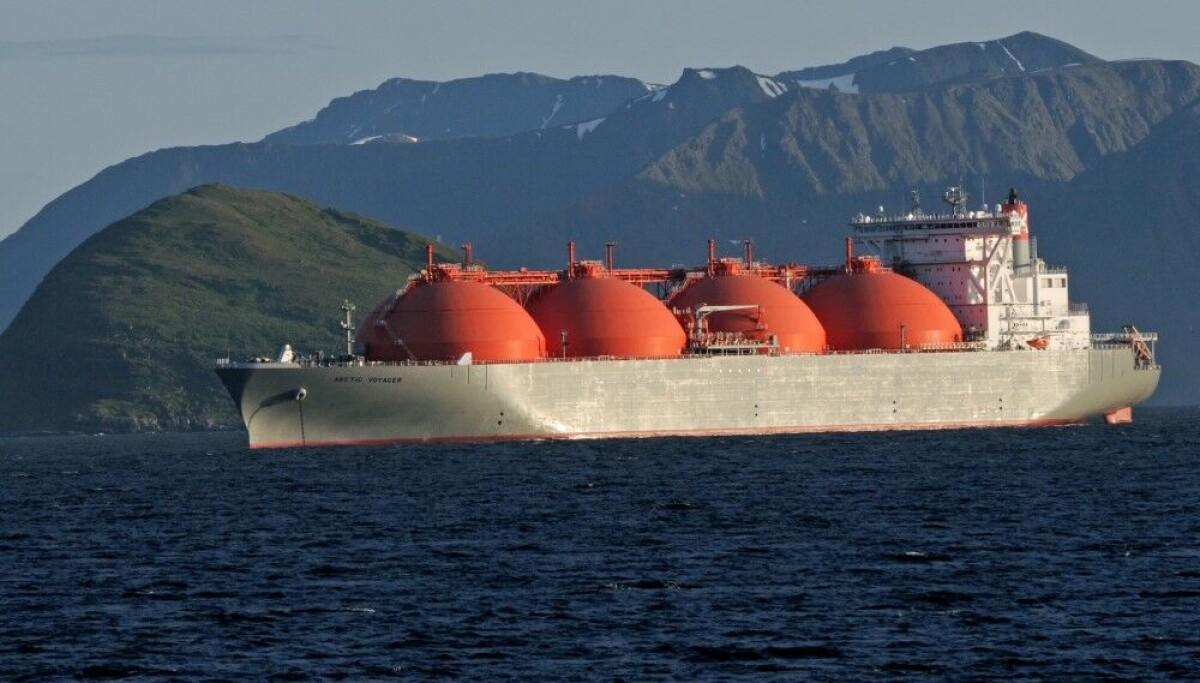
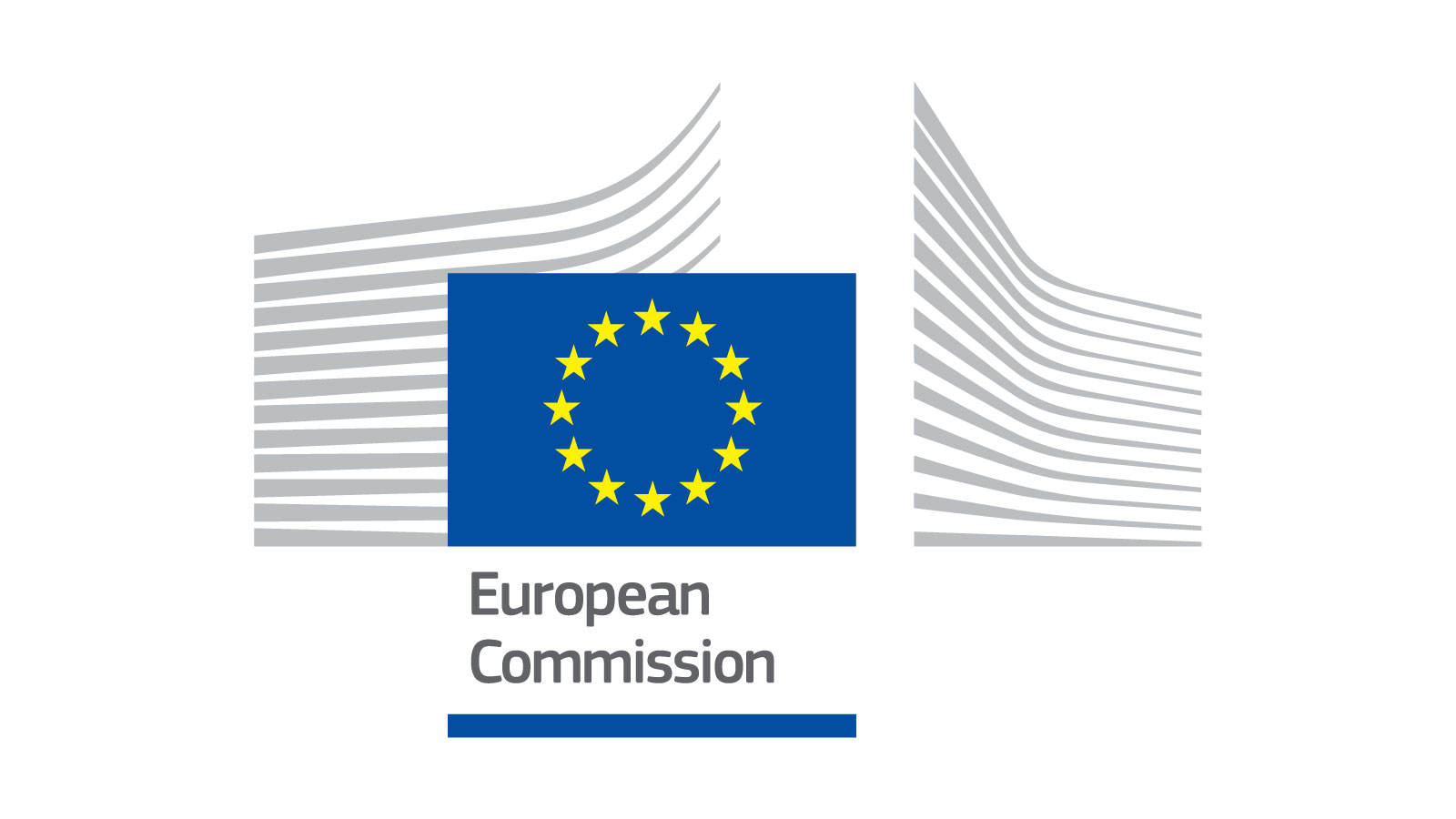
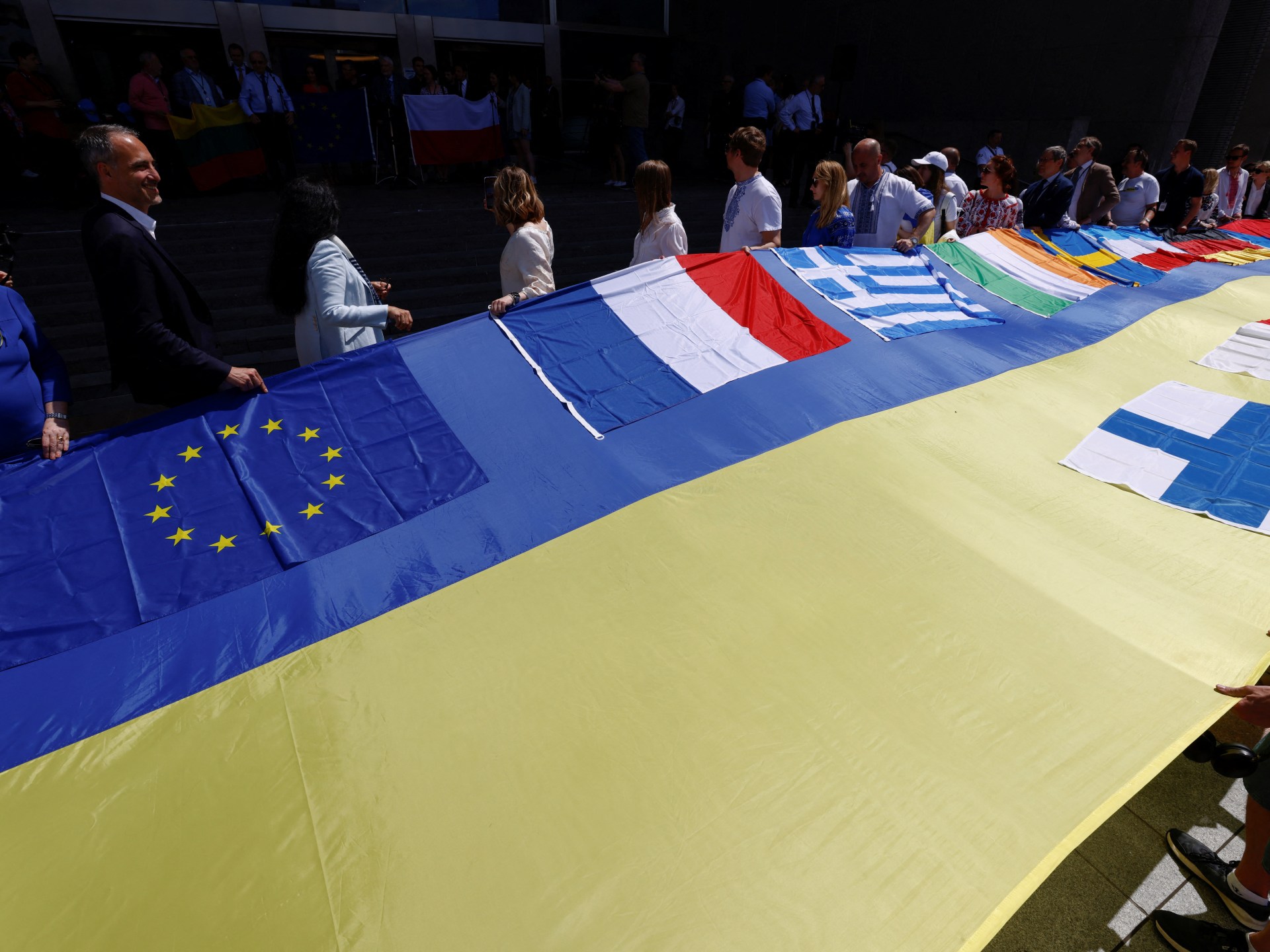

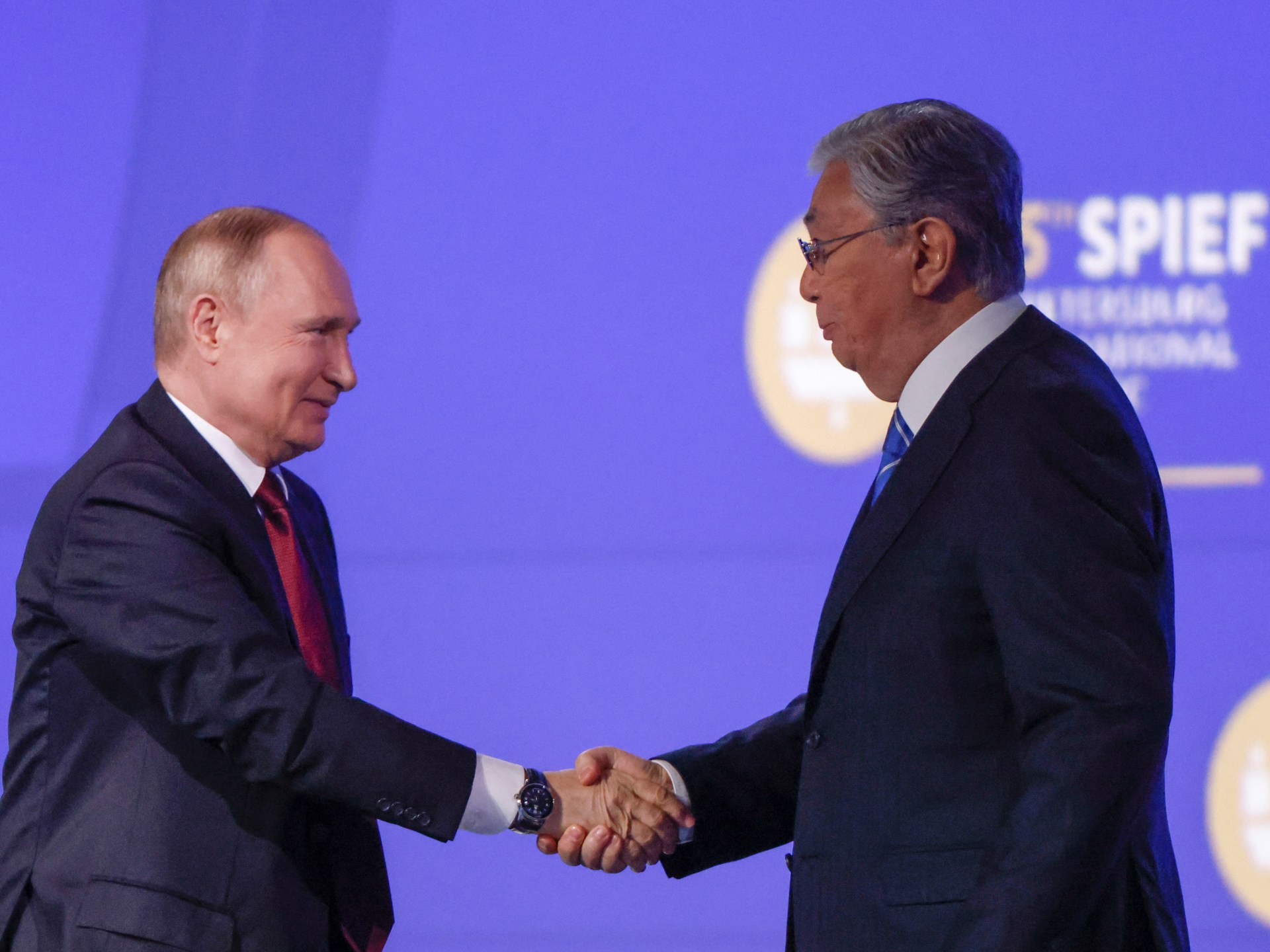
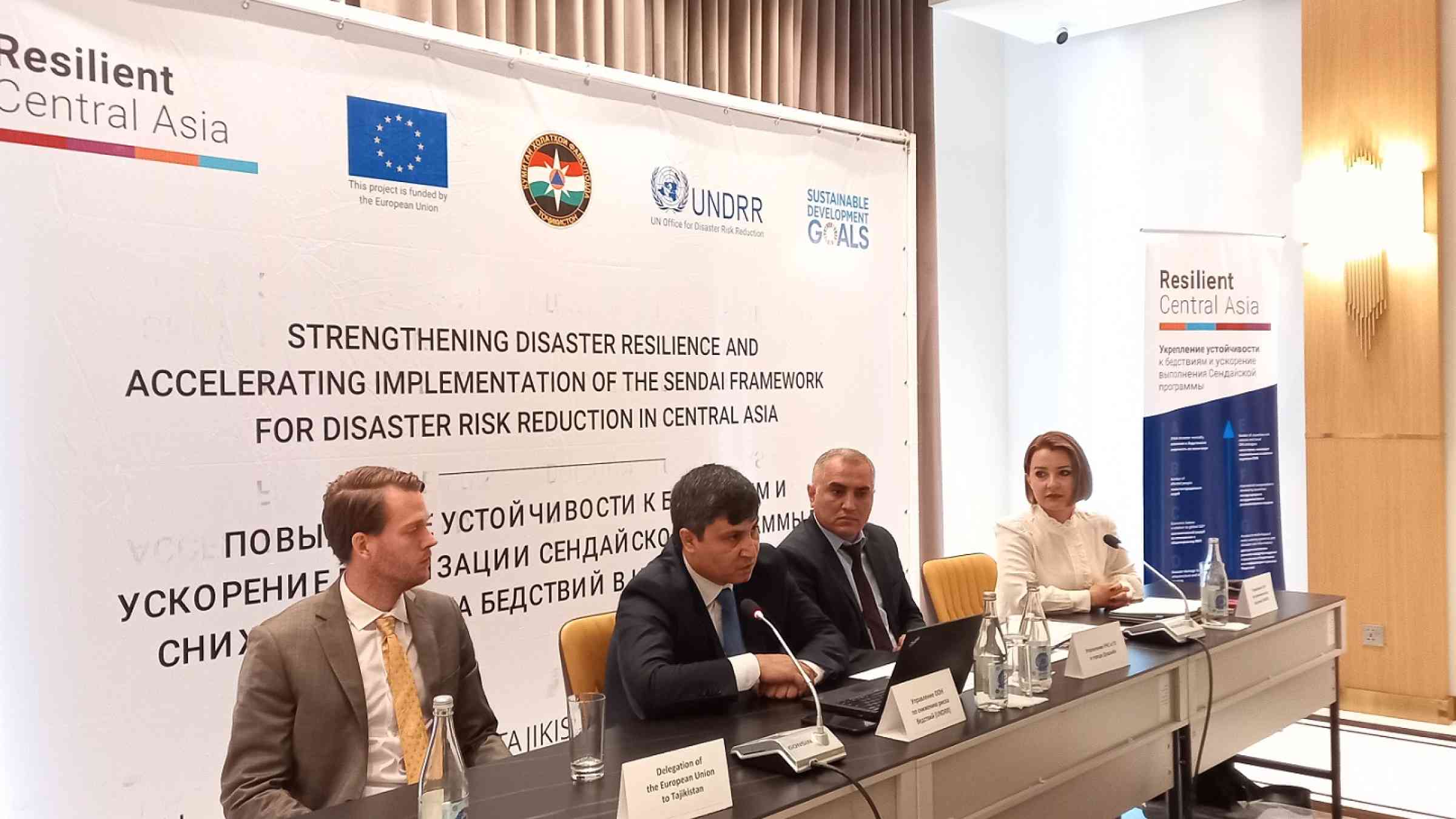
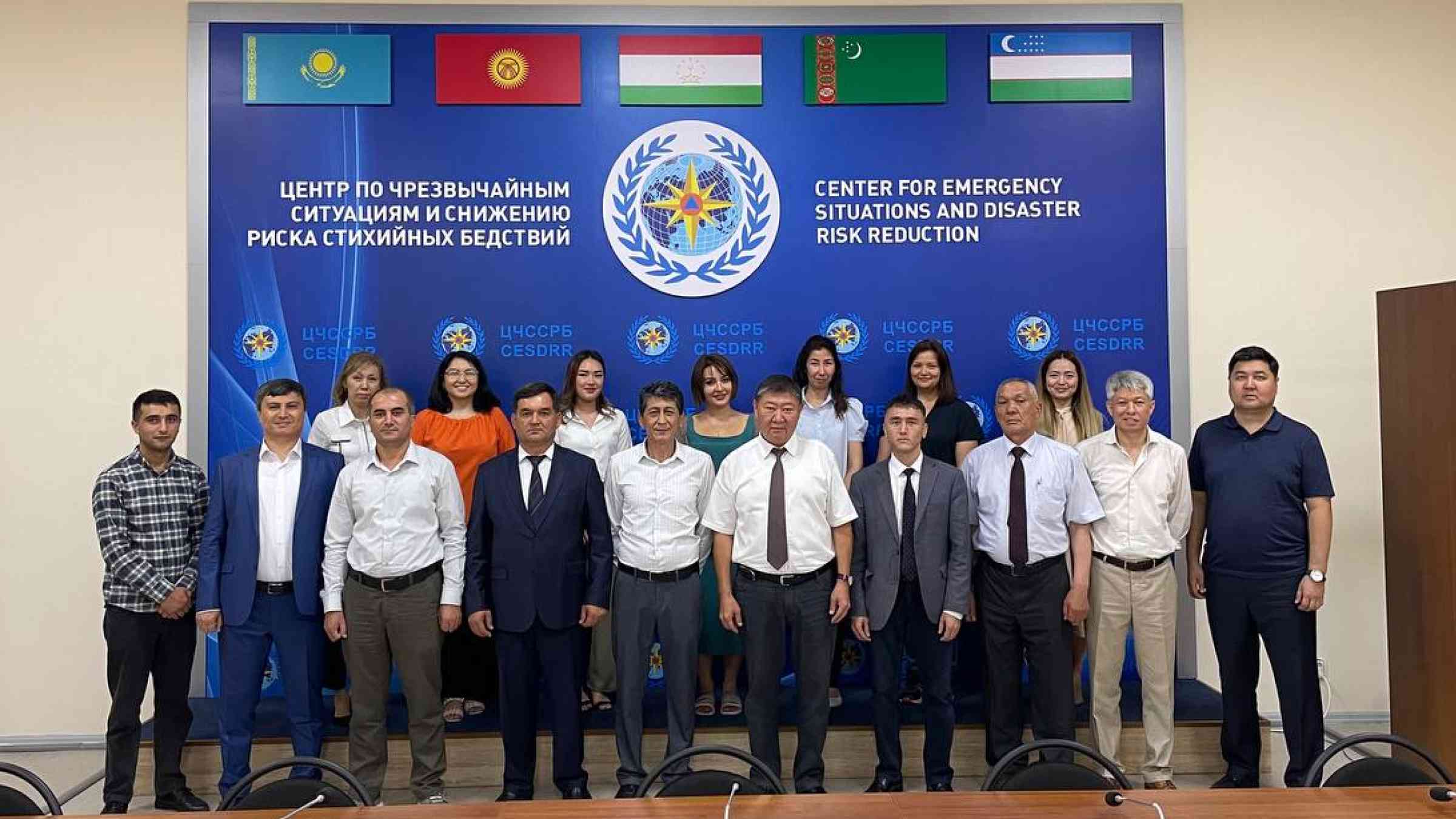


/cloudfront-us-east-2.images.arcpublishing.com/reuters/RFFBVL6QE5PNZIB2XWM63CVSQE.jpg)


